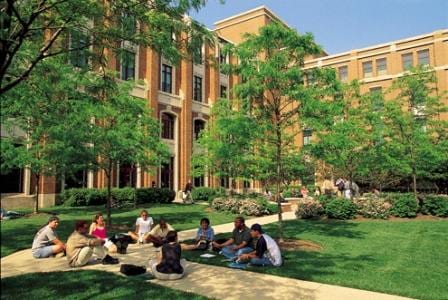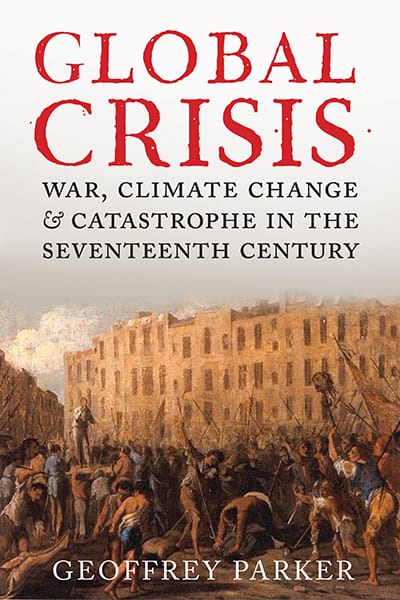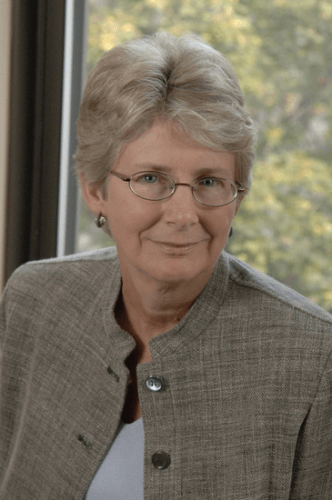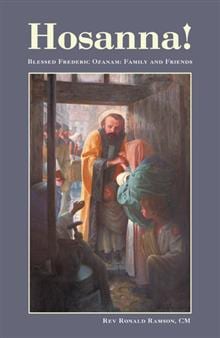The Reverend Ignatius M. Melito, C.M., entered into eternal life on July 18, 2014 at St. Louis. He was 88 years old.
Fr. Jack, as he was affectionately called, was born in the city famous for Mardi Gras – New Orleans, on July 8, 1926 to Edna (Flynn) and August J. Melito. He grew up in our parish of St. Joseph in the heart of New Orleans and home to the largest church in the South, where he attended elementary school, staffed by the Daughters of Charity. He began his studies at St. Vincent’s College, Cape Girardeau, MO in 1938 and entered the novitiate on May 30, 1943. He took vows in the Congregation of the Mission on May 31, 1945. He completed his philosophy and theology at St. Mary’s of the Barrens, Perryville, MO and was ordained there on May 20, 1951.
Fr. Jack taught for one year, 1951-1952 at Los Angeles Preparatory Seminary, then the high school seminary for the Archdiocese of Los Angeles. After his brief time in California, he spent the remainder of his priestly ministry in Missouri and Denver, CO. His many assignments included St. Thomas Seminary, Denver, CO; St. Mary’s Seminary, Perryville, MO; St. Louis Preparatory Seminary South, Cardinal Glennon College, Kenrick-Glennon Seminary and St. Catherine Laboure Parish, all in St. Louis, MO. He also served as the Director of the Daughters of Charity of the then West Central Province from 1976 until 1985 and as one of the archivists for the then Midwest Province.
Fr. Jack loved literature and writing. He received his master’s degree in English from Catholic University of America, Washington, D.C., in 1953 and then his doctorate in English from the University of Denver in 1965. In addition to teaching English literature, he wrote or edited a number of articles and texts about the life of St. Vincent de Paul.
From 1989 until 1996 he was the editor of the then Midwest Province Newsletter. He continued to contribute to the Province’s Newsletter until his death. From 2003 until 2010 he was one of the proofreaders for a project of the translation of the letters and writings of St. Vincent de Paul. From 2003 until 2009 he also served as editor for the Servicette, the newsletter of the Ladies of Charity.
Because he was blessed with reasonably good health until his sudden death, Fr. Jack was able to keep active well beyond the normal retirement age. The beginning of the 21st century found him still involved in the life of the Vincentian Family in St. Louis, especially as spiritual advisor for the Society of St. Vincent de Paul. He was also an active, involved member of Lazarist Residence, his last community house.
The book of Proverbs mentions that “pleasing words are a honeycomb, sweet to the taste and healthful to the body.” The pleasing words of Fr. Jack, especially for those who read his bulletins and publications, made us more knowledgeable about our Vincentian heritage and helped us follow Christ more closely. May he rest in peace!








